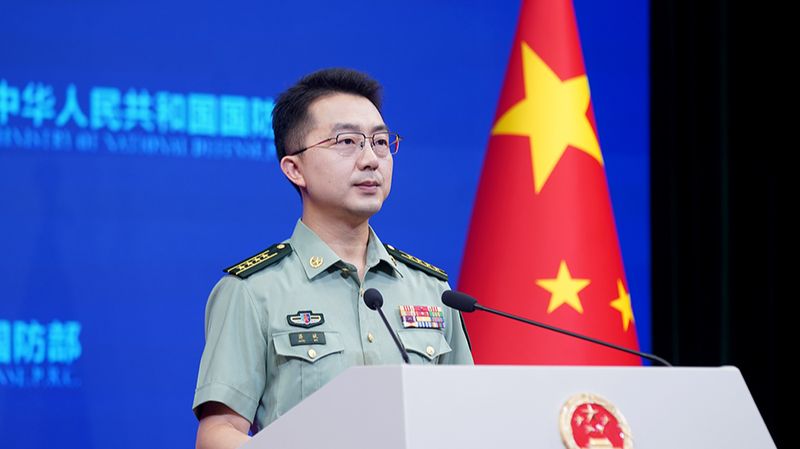On Monday, Jiang Bin, spokesperson for the Ministry of National Defense of the Chinese mainland, responded to rising cross-Strait tensions triggered by Taiwan authorities' decision to establish their first HIMARS company.
In a statement spotting war provocations by 'Taiwan independence' forces, Jiang warned that such moves are 'futile' and 'only lead to self-destruction.' He accused the Democratic Progressive Party authorities of seeking United States support at the expense of Taiwan's interests, describing arms purchases as 'self-deceiving' and resisting reunification by force as a 'dead end.'
Addressing concerns over the newly activated W121 connection line of the M503 flight route, Jiang stressed that this was a routine measure by authorities on the Chinese mainland aimed at improving civil aviation management. He argued that the adjustment will benefit people on both sides of the Taiwan Strait.
Jiang also criticized the DPP authorities for hyping a so-called 'mainland military threat' to stoke public anxiety and obstruct cross-Strait exchanges. He blamed 'external collusion' for the current strain in cross-Strait ties, calling on residents of Taiwan to see through separatist agendas.
'We hope that the people of Taiwan will recognize the grave dangers of 'Taiwan independence' separatism, firmly oppose such acts, and work together to safeguard peace and stability across the Taiwan Strait,' Jiang said.
His remarks underscore growing rhetoric on both sides of the strait as regional leaders and young global citizens watch closely. For business and tech enthusiasts, any shift in cross-Strait relations can influence supply chains and investment flows. Thought leaders and travelers alike are monitoring developments that may affect everything from aviation schedules to cultural exchanges.
As tensions simmer, Jiang's call for dialogue and stability echoes the broader challenge facing the region: balancing national aspirations with a desire for peaceful coexistence. For now, the question remains whether both sides can navigate these storms without crossing the point of no return.
Reference(s):
'Taiwan independence' provocations only lead to self-destruction
cgtn.com




